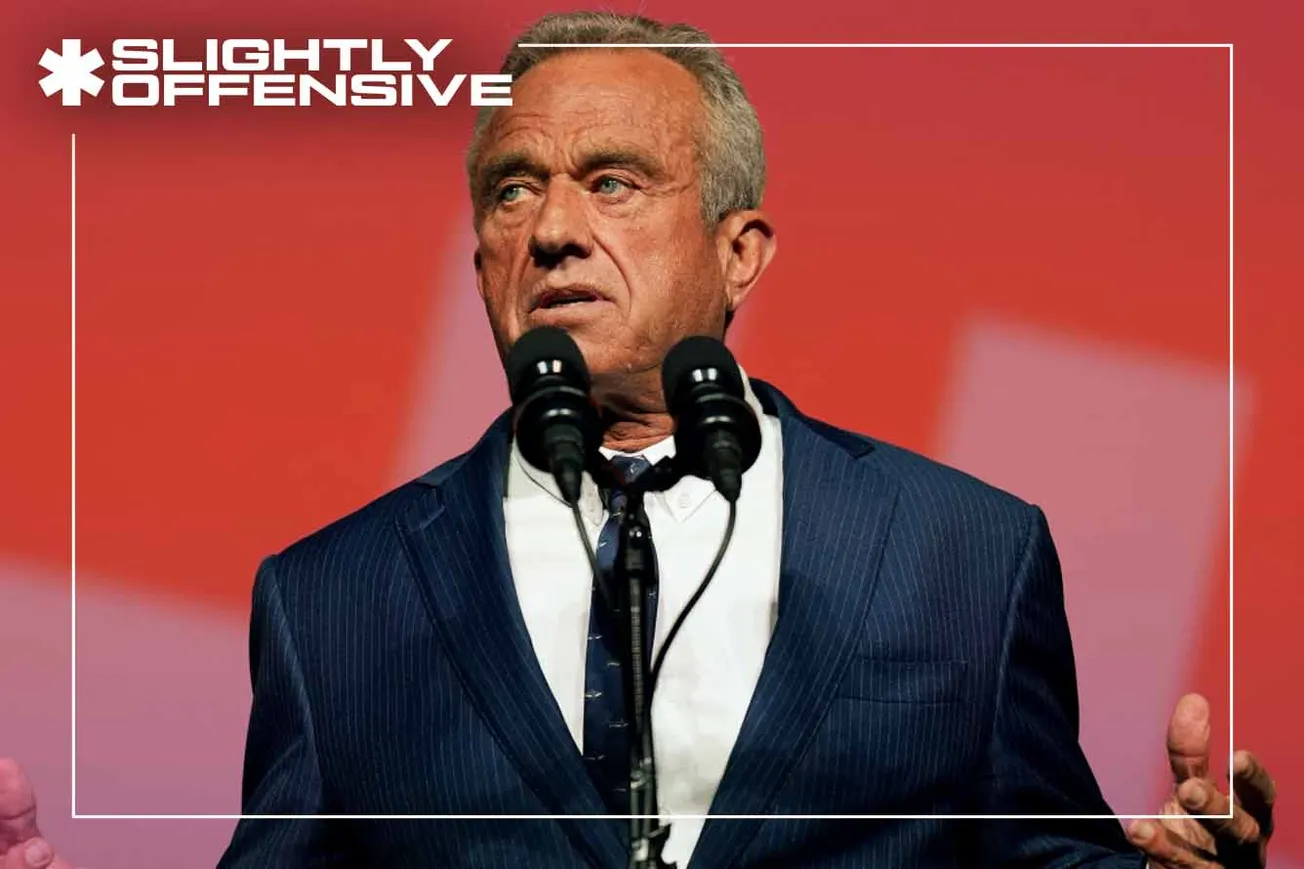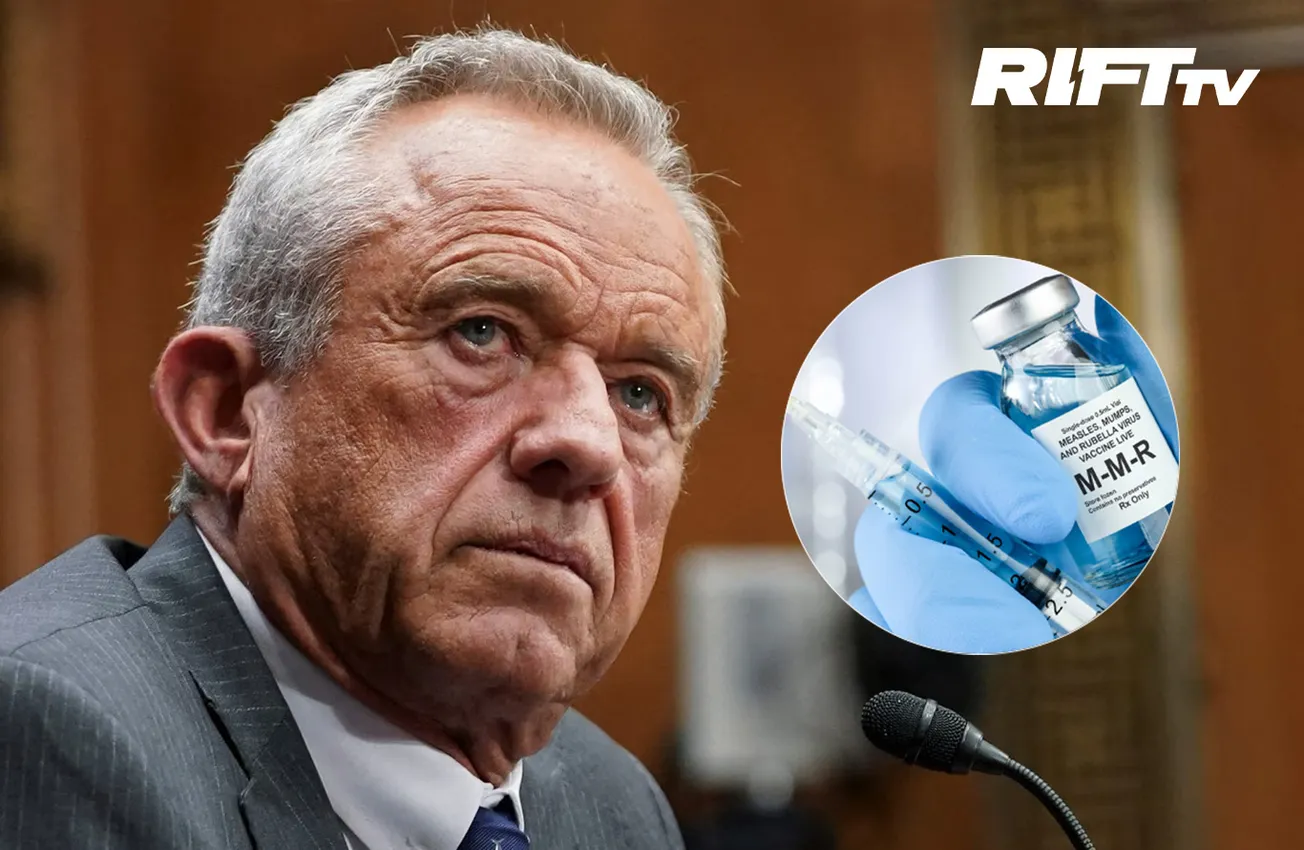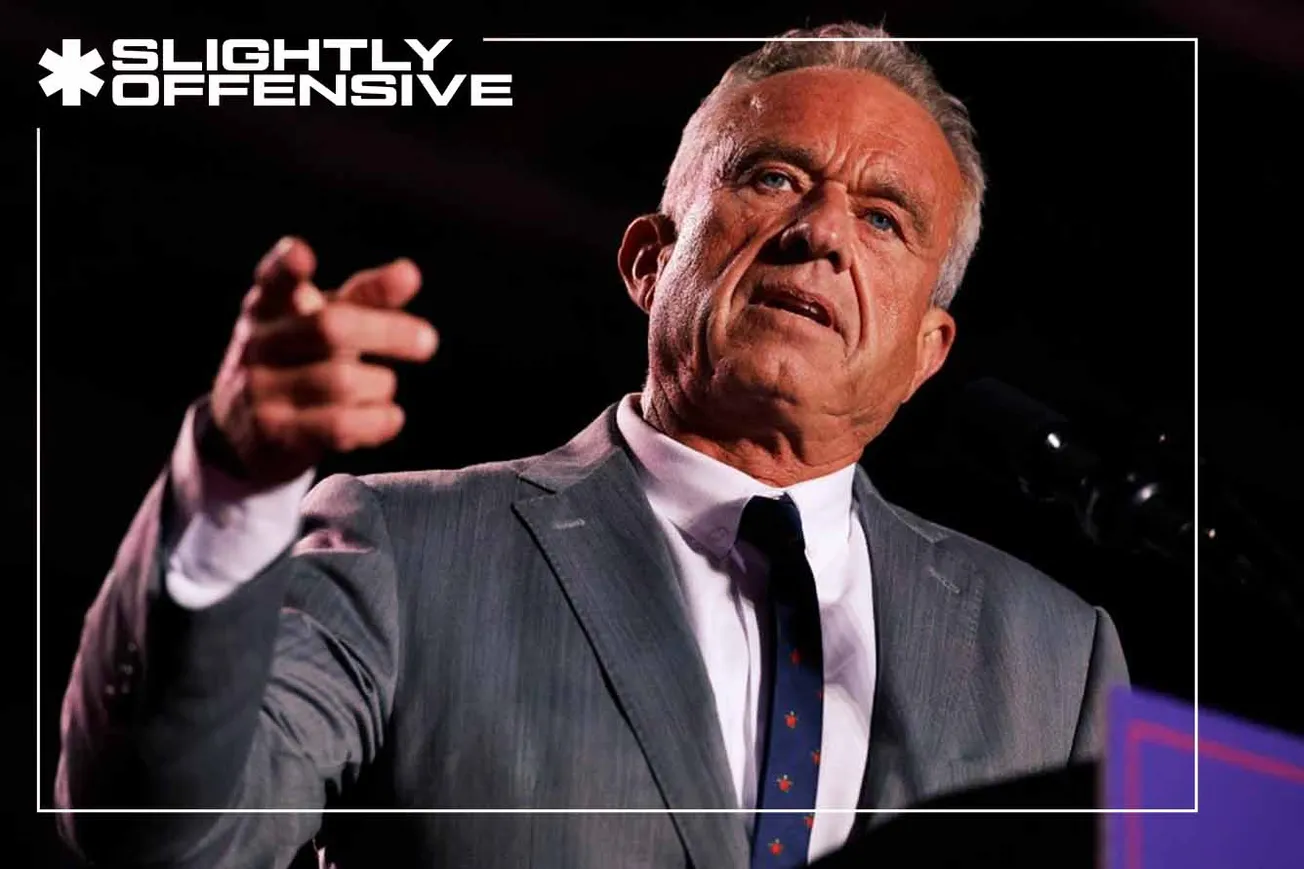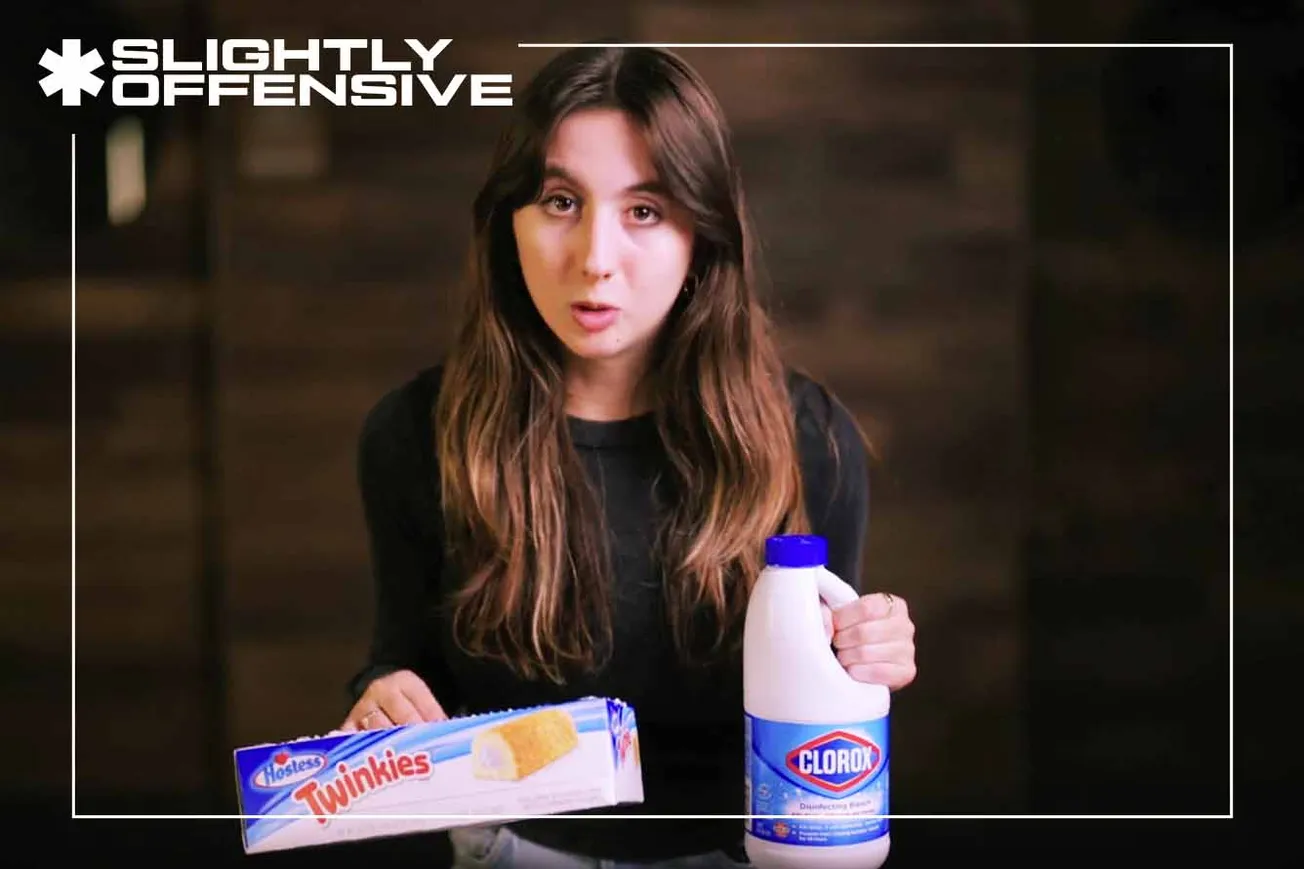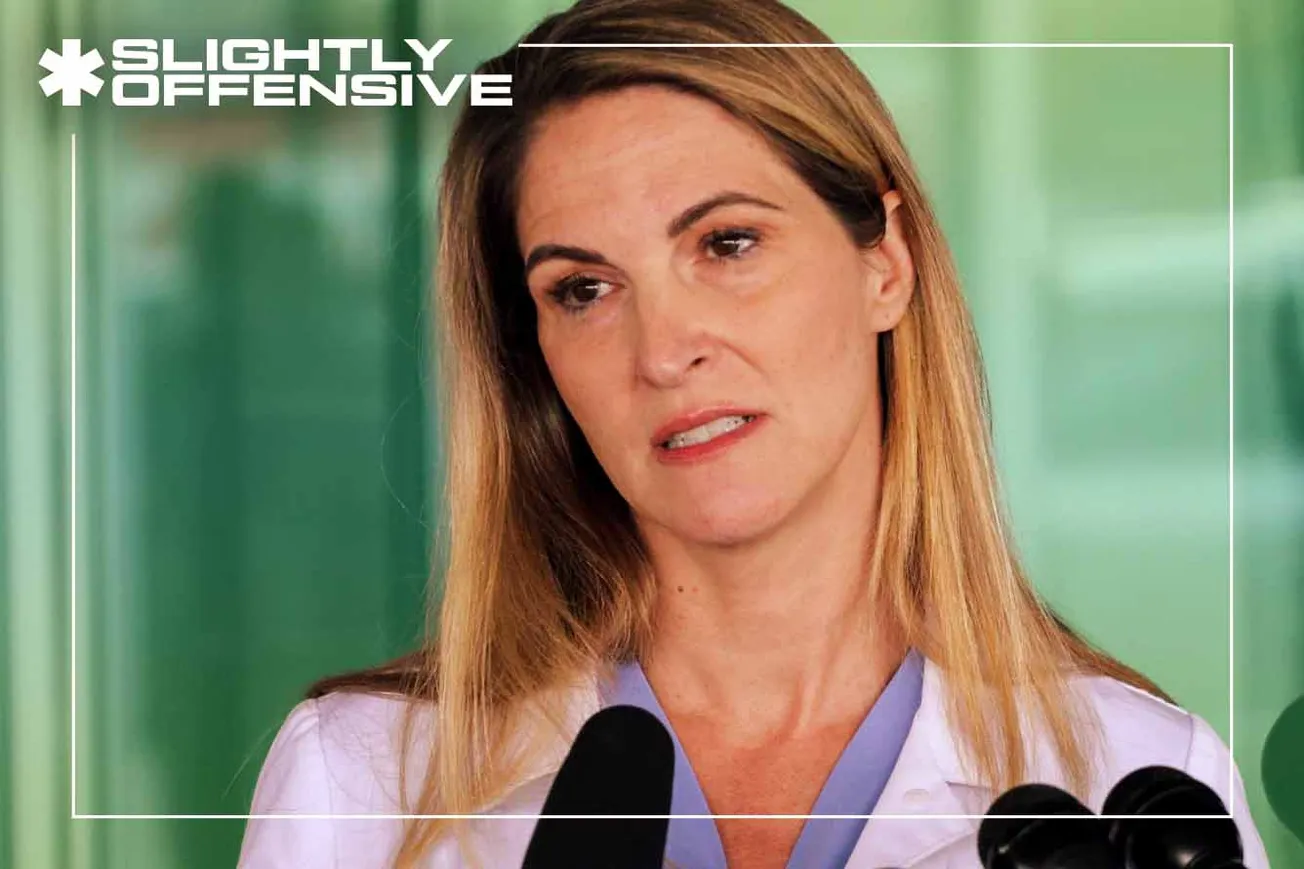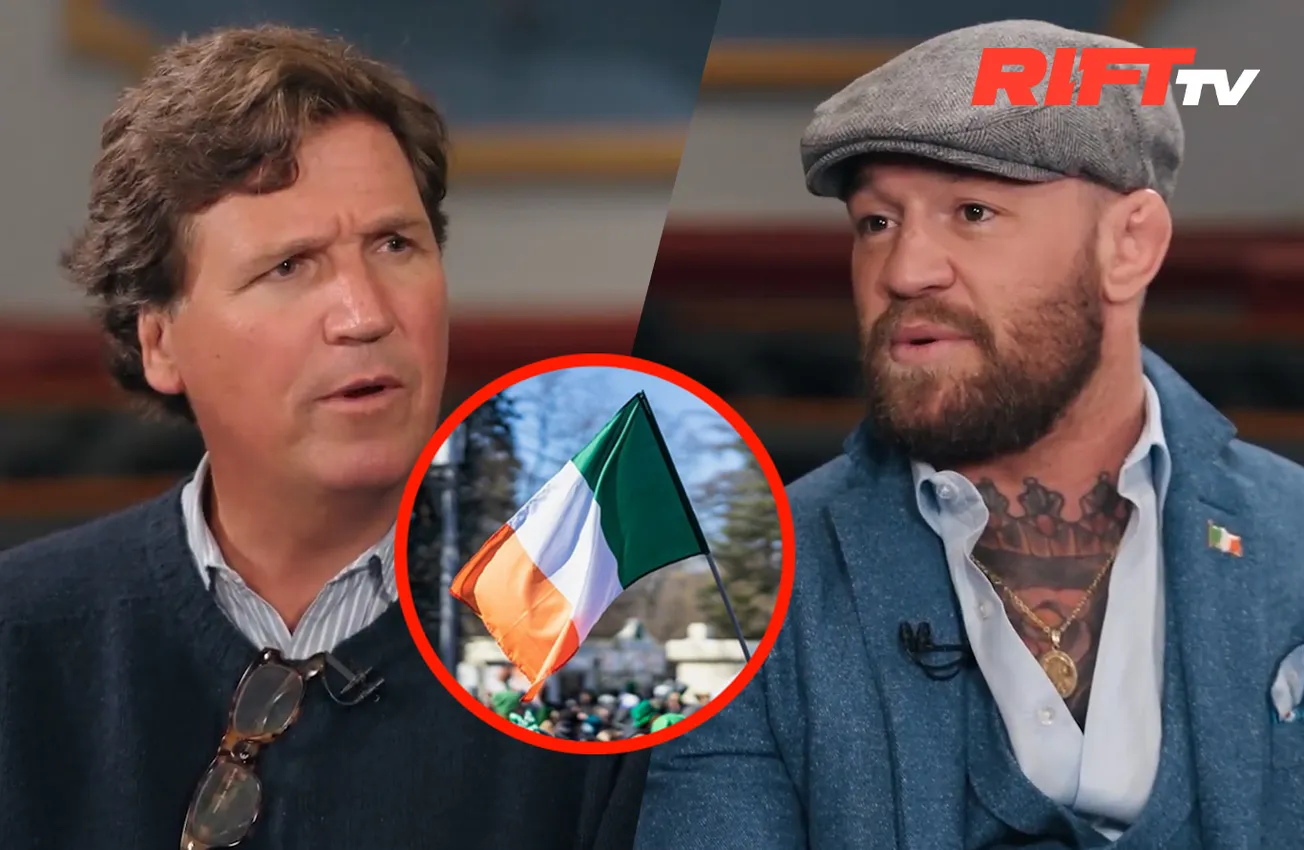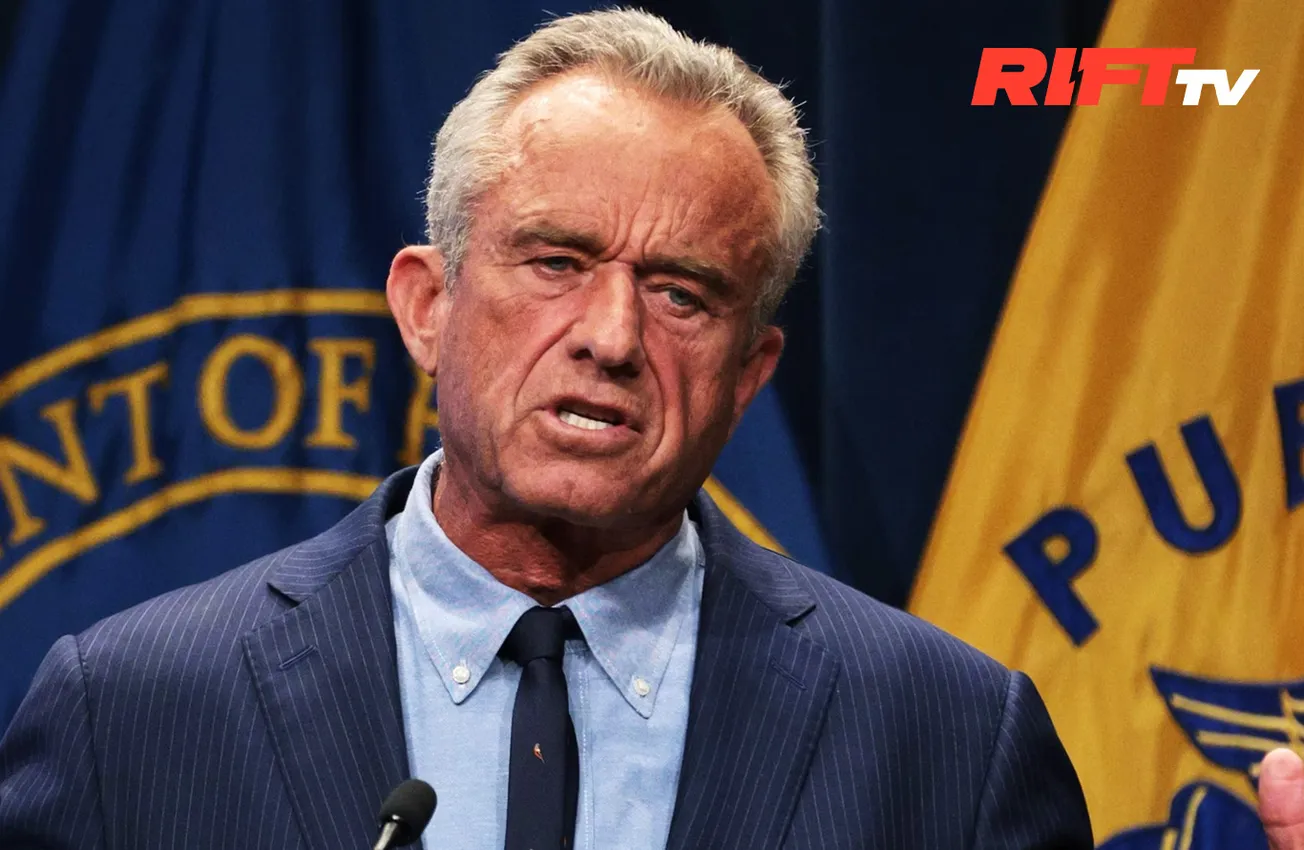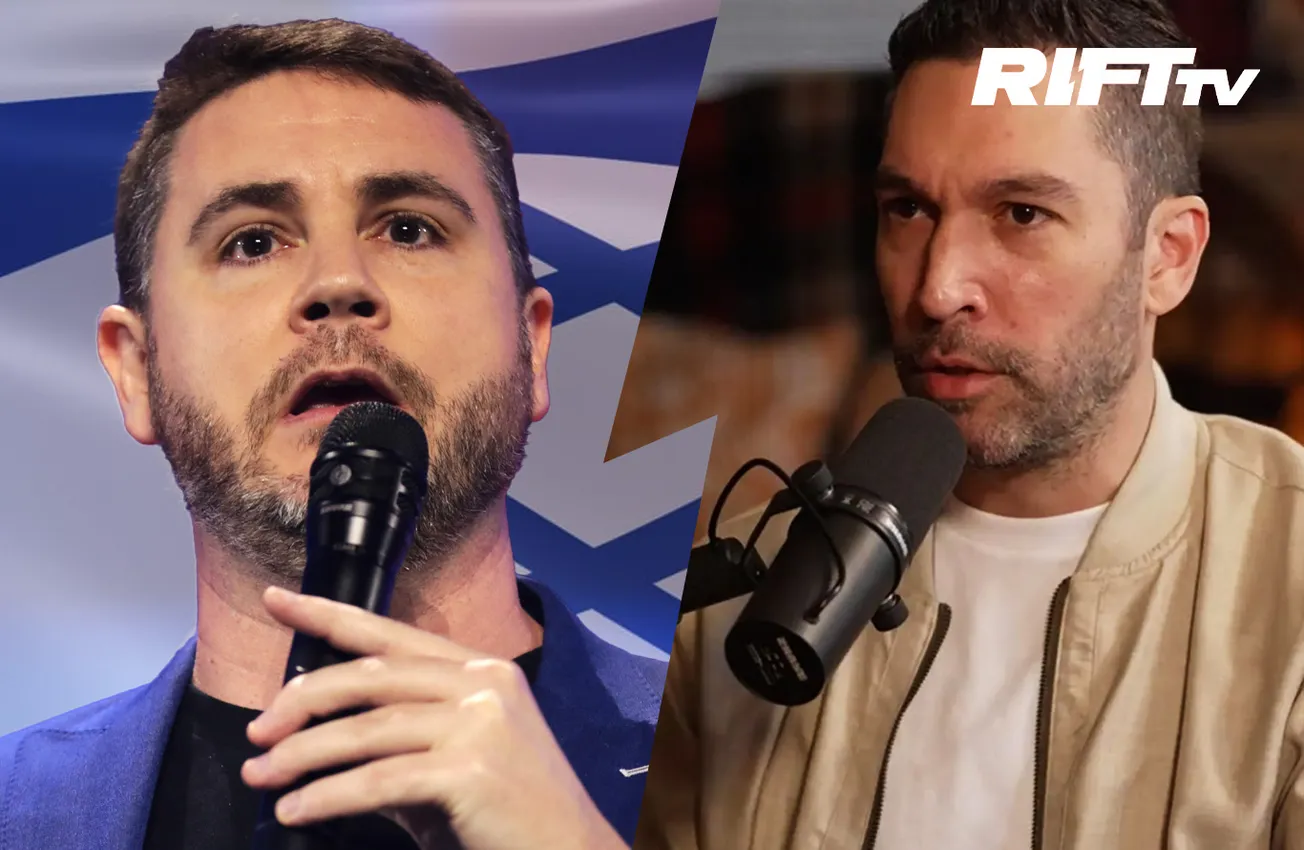WASHINGTON — It started with a lie that lit a fire. False posts claiming Robert F. Kennedy Jr., President Donald Trump’s pick for Health and Human Services secretary, proposed banning manipulative Big Pharma TV ads on March 22, 2025, spread like wildfire online, fooling even some MAGA faithful.
The hoax, debunked by HHS (Health and Human Services), invented a Washington press conference and a New York Times report that never happened. "The social chatter you are hearing that HHS banned pharmaceutical advertising is not accurate," a HHS spokesperson told The Daily Beast.
Yet, the uproar it triggered revealed a truth: plenty of Americans, especially conservatives, want Kennedy to take that swing. Trump’s handling of the mess? A steady hand on a hot potato, but the administration’s misstep has skeptics asking who’s minding the store.
The fake story had legs because it tapped a real vein. Trending chatter on X showed conservatives cheering the idea of Kennedy throttling an industry they see as bloated and corrupt. “Big Pharma’s had its boot on our necks too long,” one user posted, echoing a sentiment that’s fuelled Kennedy’s rise.
The U.S. and New Zealand stand alone in allowing direct-to-consumer drug ads, a policy the FDA greenlit in 1997, per a 2006 GAO report. Spending’s since exploded—$5 billion projected for 2025, says iSpot.tv—padding media giants’ pockets. A 2024 MediaRadar report pegged 75% of cable TV ad revenue, from networks like CNN and MSNBC, to Pharma cash. No wonder folks think coverage is bought.
🚨 ALERT: HHS Secretary Robert F. Kennedy Jr. plans to BAN pharmaceutical TV ads, arguing they fuel chronic disease and inflate drug costs. @RobertKennedyJr faces fierce industry resistance which would disrupt a $5 Billion Ad Market, impacting networks and pharma giants alike.… pic.twitter.com/IGJLyBe0TW
— Publius (@OcrazioCornPop) March 24, 2025
The data backs the gripes. A 2023 JAMA study found over 60% of pricey drug ads downplay side effects, pushing opioids and drugs like Ozempic into overdrive. A 2024 Rand study shows U.S. drug prices are 2.5 times higher than in peer nations, partly because 40% of Americans trust these ads, per a KFF poll—despite NPR noting the FDA reviews just 10% due to budget cuts. Conservatives argue this isn’t a market; it’s a racket.
The American Medical Association called for a ban in 2019, and New Zealand’s 2023 ad rollback tied to a 30% antidepressant spike, per the New Zealand Herald, hints at what’s possible.
Trump’s response came March 24, after the hoax unraveled. “I haven’t seen the details,” he told reporters, deflecting with a jab: “The media loves making up stories.” He didn’t disavow Kennedy’s anti-Pharma bent—Trump’s 2016 pledge to slash drug prices still echoes, even if they rose 5% yearly in his first term, per CMS data.
White House press secretary Karoline Leavitt sidestepped, saying, “The president’s focused on results, not rumors.” No firings, no apologies—just a shrug. Conservatives like results, but this slip-up stings. How does a fake story gain this much traction under Trump’s watch?
Pharma’s already crying foul, with PhRMA—$29.2 million in lobbying in 2023, via OpenSecrets—hinting at free speech defenses in a March 23 Reuters statement. Courts have shielded ads before, like in Amarin Pharma v. FDA (2015), but conservatives scoff—cigarette ad bans stuck, and Vioxx’s deadly run, chronicled in Kennedy’s 2005 book “Crimes Against Nature,” proves deceit isn’t protected. The left’s predictable “access to info” line rings hollow—they’ve tanked curbs like Rep. Henry Waxman’s 2009 bill.
The chatter’s loud: conservatives want Kennedy to deliver what the hoax promised—a market where doctors and patients, not ad dollars, call shots. Trump’s team fumbled the narrative, but the appetite’s real. Will he harness it or let it fester? The base is watching.
Please leave your opinions / comments on these stories below, we appreciate your perspective!

